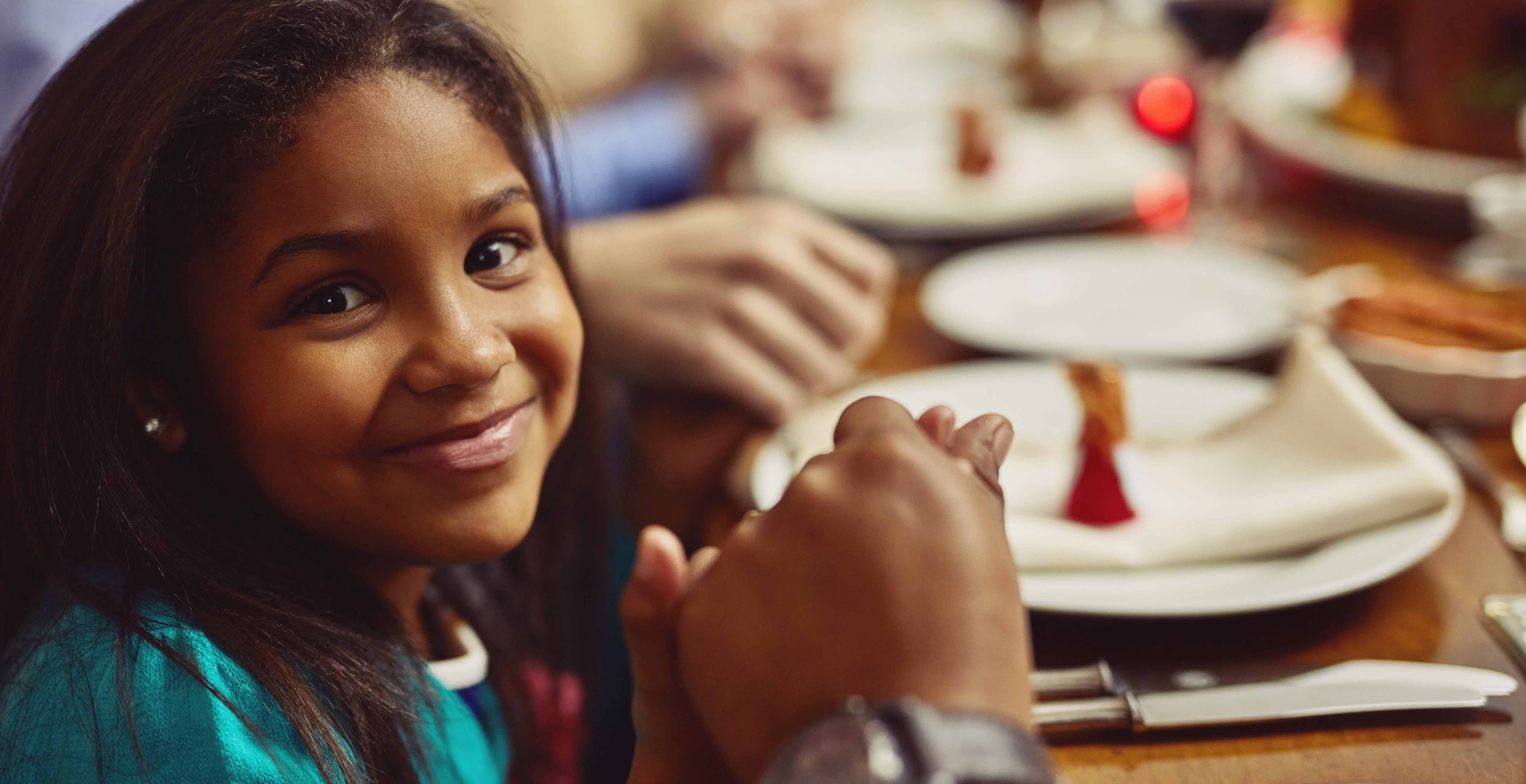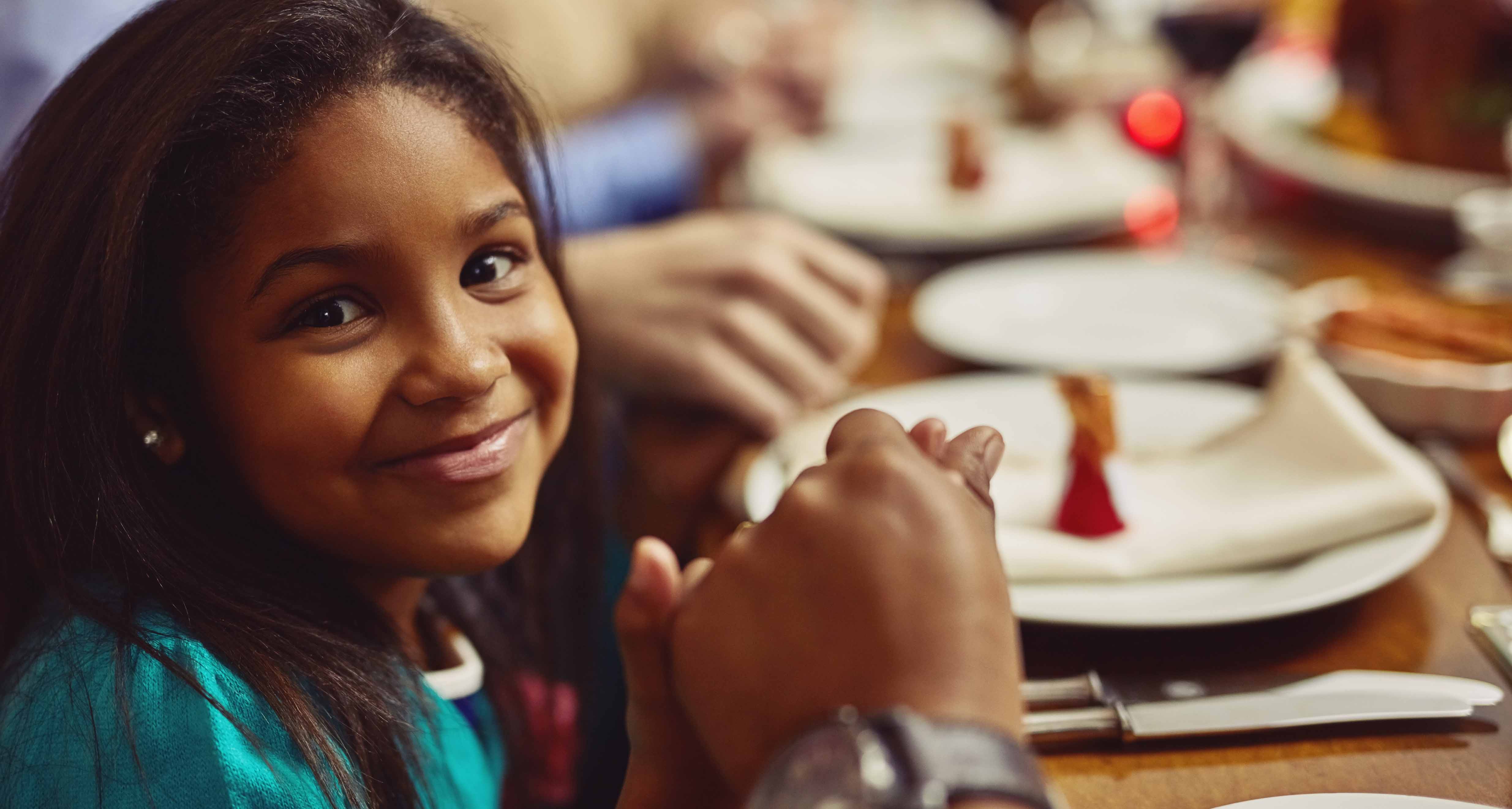Teaching kids the attitude of gratitude


The concept of practising gratitude is becoming more and more mainstream these days. With benefits ranging from better sleep, higher self-esteem and reduced aggression to better physical and psychological health, it’s no wonder it’s caught on.
But gratitude is not just for us adults. Teaching our children to be grateful can improve their well-being and make them happier, so we asked around for some tips on how to do it.
Heidi McBain, a marriage and family therapist in Texas, offers this simple but powerful tip: Lead by example.
“Our kids need to see us being grateful for all the good in our lives, so they learn to do this for themselves,” she says. “This can be simple, like seeing the positives in seemingly negative situations. It can be sharing the things that you write in your gratitude journal with your kids, and then getting them one of their own when they are old enough so they can do the same thing.”
It’s about “being open and honest about your own process and how it’s not easy, but if you work at it each and every day, you can create a mindset of gratitude,” she adds.
Anitra Durand Allen, creator and chief mom at The Mom on the Move, gets her children involved in the practice of gratitude in hands-on ways, such as writing thank-you notes for gifts.
“It’s a lost art and [a] forgotten tradition with the advent of digital communication, but we write out thank-you notes for every gift we receive,” she says. “And if it’s an out-of-town sender, we snail mail it.”
This process of thinking about the sender and putting time into expressing thanks helps children understand gratitude not only for the gift, but also for the giver, she explains.
Durand Allen is also conscious of the language her family uses around chores and responsibilities.
“We no longer have to do things, we get to do them,” she says. “Even when it’s something obligatory, we get to pick up all our belongings in our rooms in the home we so thankfully get to live in each day. It’s a small change, but it takes practice to make that mind-shift and help [the children] refocus on their blessings.”
J. Paige Harley, a relationship coach and mediator who specializes in high-conflict divorce, post-divorce and custody issues, suggests using your children’s birthday parties as an opportunity to teach them gratitude.
Instead of birthday gifts, include a note on the party invitation that tells guests their presence at the party is enough, and in lieu of a gift, if they would like, they can bring an item for donation to an establishment or charity you and your kids want to support (Harley and her kids donate to their local children’s hospital).
“Every year after their party we deliver the unwrapped toys,” Harley says. “Seeing the impact of their choice creates a spirit of generosity and gratitude … they are able to give back and see other kids who are grateful for their generosity.”
It’s easy to find many things to be grateful for, Harley says, and children will amaze you with what they notice.
“Do not underestimate what kids can do,” she says. “Don’t be afraid to ask your kids what interests them, what they are grateful [for] and how they can show their gratitude.”
